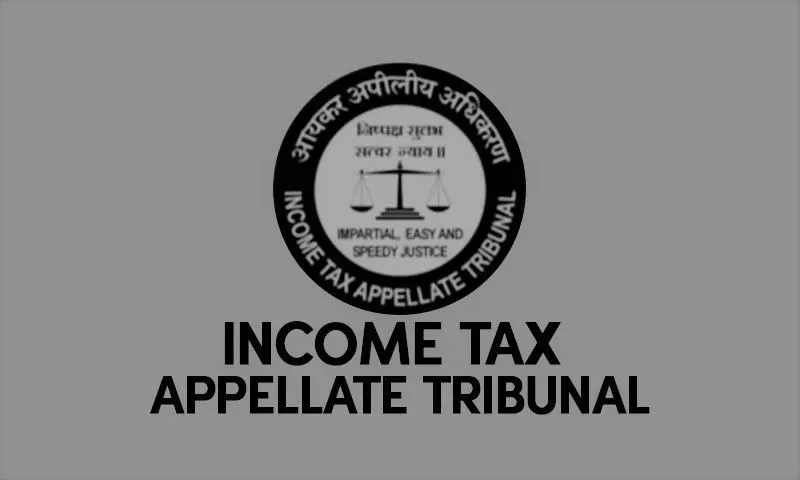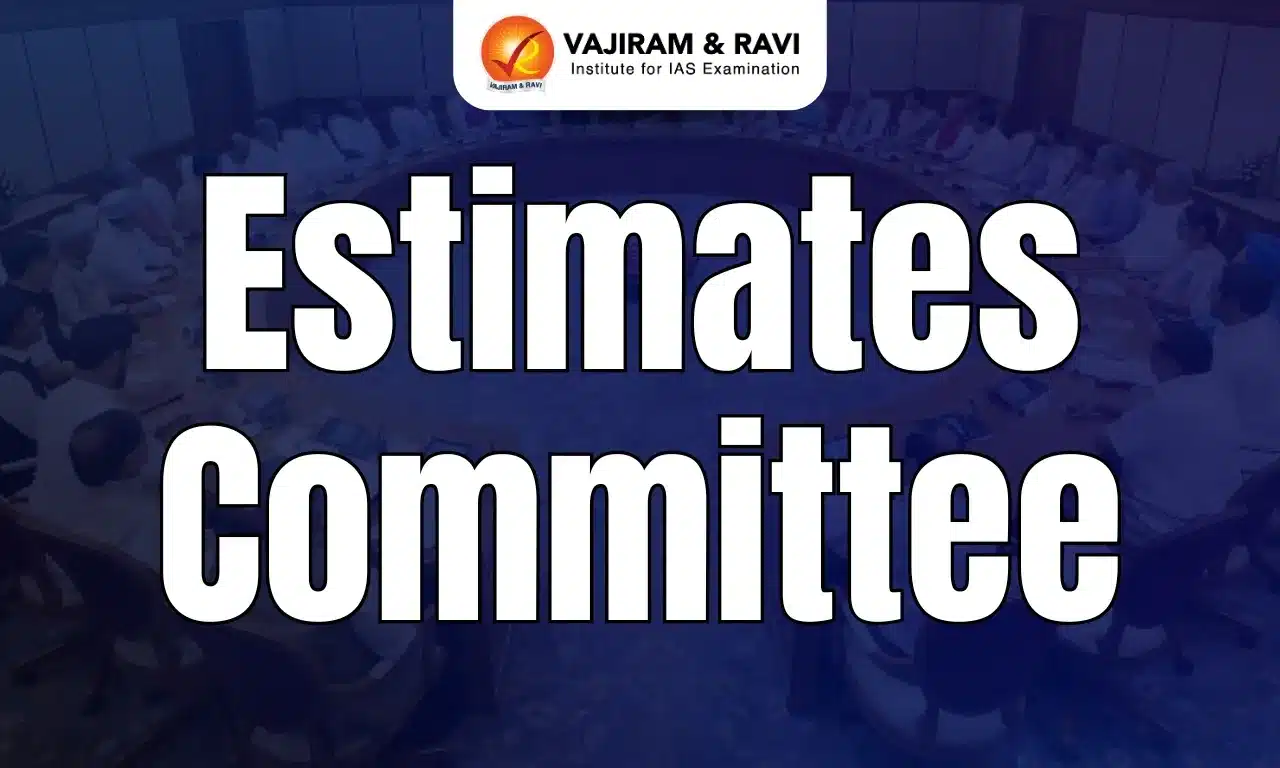About Income Tax Appellate Tribunal (ITAT):
- It is a quasi-judicial institution set up in January, 1941 and specializes in dealing with appeals under the Direct Taxes Acts.
- Starting in 1941 with six Members constituting three Benches – one each at Delhi, Kolkata (Calcutta), and Mumbai (Bombay), the numbers of Benches have progressively increased, and presently ITAT has 63 Benches at 27 different cities,covering almost all the cities having a seat of the High Court.
- Each bench has an accountant member and a judicial member.
- The President of the ITAT constitutes a bench from among the members of the ITAT.
- In some cases, a special bench with three or more members may be constituted to dispose of income tax appeals.
- ITAT serves as the final fact-finding body in tax disputes, offering both taxpayers and the income tax authorities a convenient platform to resolve disputes.
- It adjudicates appeals made under the Income Tax Act of 1961.
- It functions under the Ministry of Law and Justice.
- Who can file an appeal in ITAT?
- A tax appeal can be filed by a taxpayer who does not agree with the assessment order or any other order, passed by an income-tax authority.
- An appeal before the ITAT is generally filed by the taxpayer to contest any order passed by the Commissioner of Income-tax (Appeals).
- Similarly, an income-tax department can also file an appeal against any order passed by the Commissioner of Income-tax (Appeals) before the ITAT.
- The orders passed by the ITAT are final. An appeal lies to the High Court only if a substantial question of law arises for determination.
- ITAT functions under the regional High Court’s jurisdiction and must adhere to the rules of the same.
- ITAT is subordinate to both the region’s High Court and the Indian Supreme Court.
Q1: What is a Direct Tax?
A direct tax is a tax that a person or organization pays directly to the entity that imposed it. Examples include income tax, real property tax, personal property tax, and taxes on assets, all of which are paid by an individual taxpayer directly to the government.
Source: Supreme Court Disposes Newsclick’s Plea, Stays Tax Recovery Until Disposal Of ITAT Appeal
Last updated on June, 2025
→ UPSC Notification 2025 was released on 22nd January 2025.
→ UPSC Prelims Result 2025 is out now for the CSE held on 25 May 2025.
→ UPSC Prelims Question Paper 2025 and Unofficial Prelims Answer Key 2025 are available now.
→ UPSC Calendar 2026 is released on 15th May, 2025.
→ The UPSC Vacancy 2025 were released 1129, out of which 979 were for UPSC CSE and remaining 150 are for UPSC IFoS.
→ UPSC Mains 2025 will be conducted on 22nd August 2025.
→ UPSC Prelims 2026 will be conducted on 24th May, 2026 & UPSC Mains 2026 will be conducted on 21st August 2026.
→ The UPSC Selection Process is of 3 stages-Prelims, Mains and Interview.
→ UPSC Result 2024 is released with latest UPSC Marksheet 2024. Check Now!
→ UPSC Toppers List 2024 is released now. Shakti Dubey is UPSC AIR 1 2024 Topper.
→ Also check Best IAS Coaching in Delhi













